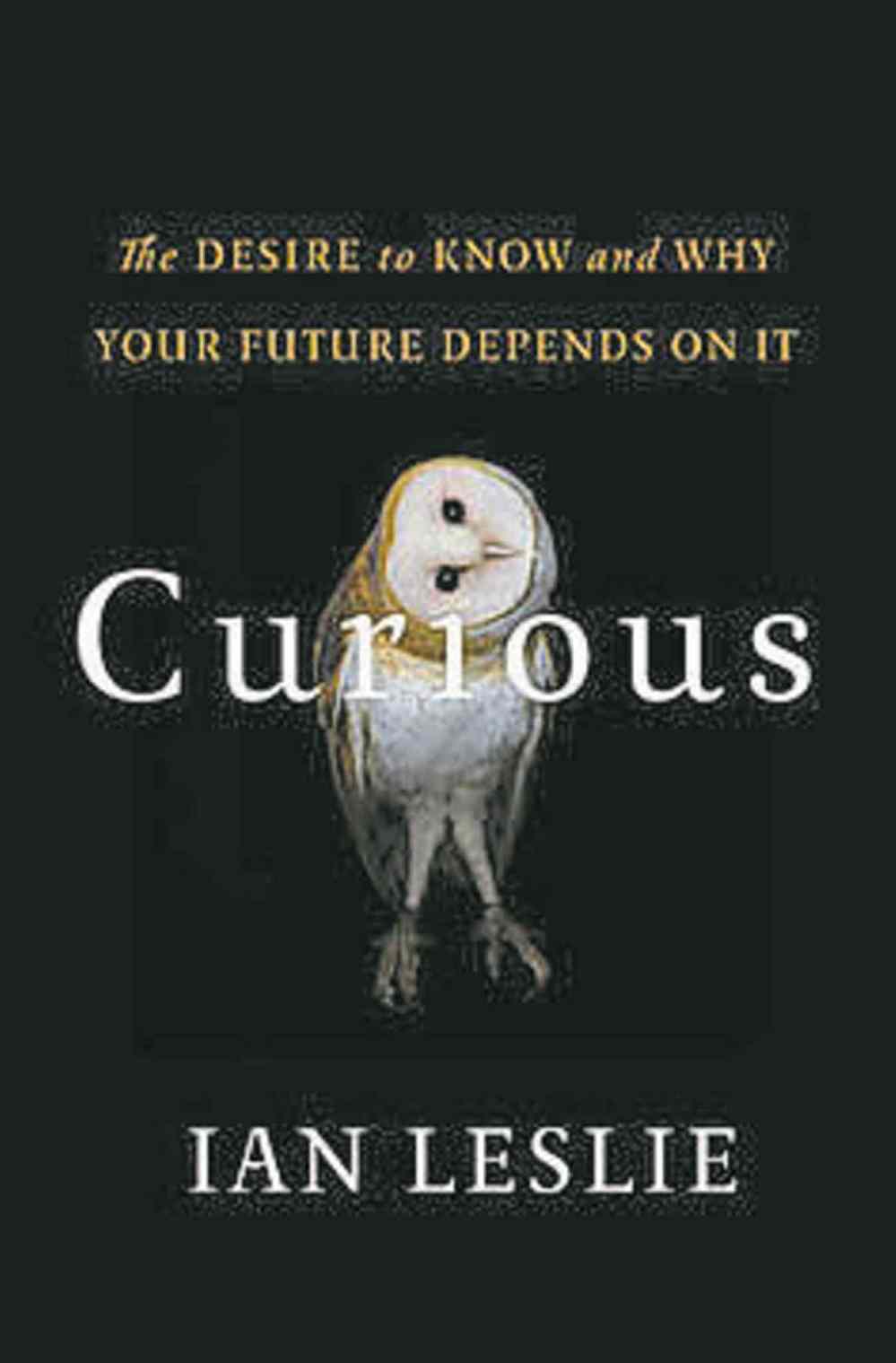Curiosity essential to progress
Advertisement
Read this article for free:
or
Already have an account? Log in here »
To continue reading, please subscribe:
Monthly Digital Subscription
$0 for the first 4 weeks*
- Enjoy unlimited reading on winnipegfreepress.com
- Read the E-Edition, our digital replica newspaper
- Access News Break, our award-winning app
- Play interactive puzzles
*No charge for 4 weeks then price increases to the regular rate of $19.00 plus GST every four weeks. Offer available to new and qualified returning subscribers only. Cancel any time.
Monthly Digital Subscription
$4.75/week*
- Enjoy unlimited reading on winnipegfreepress.com
- Read the E-Edition, our digital replica newspaper
- Access News Break, our award-winning app
- Play interactive puzzles
*Billed as $19 plus GST every four weeks. Cancel any time.
To continue reading, please subscribe:
Add Free Press access to your Brandon Sun subscription for only an additional
$1 for the first 4 weeks*
*Your next subscription payment will increase by $1.00 and you will be charged $16.99 plus GST for four weeks. After four weeks, your payment will increase to $23.99 plus GST every four weeks.
Read unlimited articles for free today:
or
Already have an account? Log in here »
Hey there, time traveller!
This article was published 09/08/2014 (4152 days ago), so information in it may no longer be current.
If you’re curious to know more about a book about curiosity, you’re already exhibiting “epistemic curiosity.” Would you rather watch cat videos on YouTube? You’re demonstrating “diversive curiosity.”
It’s the combination of both types that results in human progress, the eureka moment in which several ideas synthesize into something new.
But the Internet may kill off all curiosity, dooming us to becoming “intelligent apes,” Ian Leslie warns.

Leslie is a London-based journalist who has written about politics, culture and psychology for the Guardian, the Times and the BBC.
In this highly engaging book, Leslie traces the vital role of curiosity in moving forward human thought.
The truly great thinkers bring together the need for in-depth knowledge in their fields (epistemic curiosity) with a wide-ranging knowledge of their own society (diversive curiosity).
A to-do list in one of Leonardo da Vinci’s notebooks, for instance, includes drawing Milan, calculating the measurement of Milan and its suburbs, examining a crossbow, and learning how to both repair a canal lock and measure the sun.
Steve Jobs’ knowledge of popular culture revolutionized how we purchase and listen to music. Just as important was a college course he took in calligraphy, which resulted in computers producing fonts and spacing previously reserved for printing presses.
But the computers Jobs created, and the Internet they connect to, threaten to create a generation that lacks curiosity, because everyone believes they know everything they need to know.
New York Times journalist Ben Greenman wrote about his son Jack’s school project on snakes. Thanks to the Internet, Jack got a good mark on his project on the anaconda, the world’s biggest snake.
When Ben was Jack’s age, he would have gone to the library to find books about snakes; his curiosity would have been engaged.
Even the head of Google’s search department, Amit Singhal, says: “The more accurate the machine gets, the lazier the questions become.”
That’s a red flag to Leslie, who intones: “The more we outsource our memories to Google, the less we are nourishing the wonderfully accidental creativity of our unconscious.”
He caps off the book with tips for keeping one’s curiosity intact. From Jobs comes “Stay foolish” — never be afraid to ask questions others don’t.
Build your personal store of information by becoming a “foxhog.” Combine the fox’s frantic search for a variety of survival techniques with the hedgehog’s ability to survive by brandishing its spikes — the “one big thing” it needs to know.
Always ask the big “why.” Leslie quotes negotiators from the seemingly intractable Irish Troubles, who made headway when they looked past specific demands made by both sides and dealt with underlying causes.
Bjarni Herjolfsson was likely the first European to see North America, but he was too busy going to Greenland to land. That honour went to Leif Eriksson, a Viking whose epistemic curiosity was likely inspired by Bjarni’s failure.
Leslie’s final plea to Google-ized man: Don’t miss discovering a new continent or a new field of interest because you’re thinking about your next appointment.
Be a Leif. Don’t be a Bjarni.
Donald Benham is director of hunger and poverty awareness at Winnipeg Harvest.
History
Updated on Saturday, August 9, 2014 8:09 AM CDT: Formatting.

